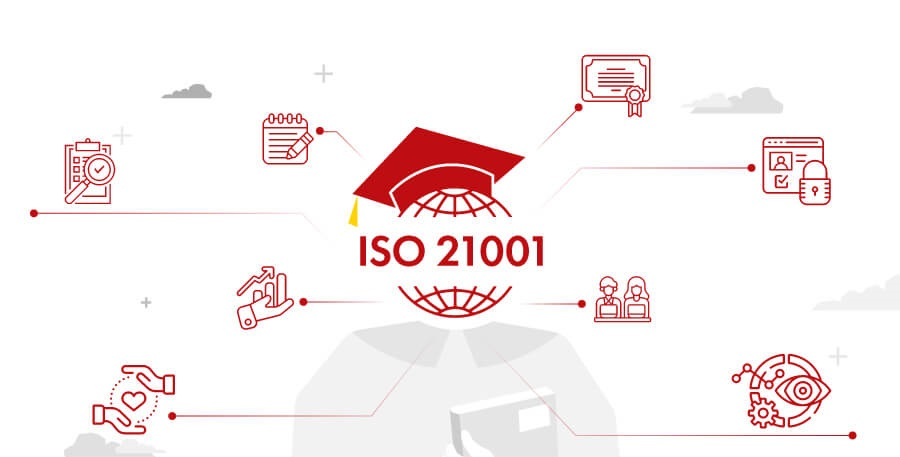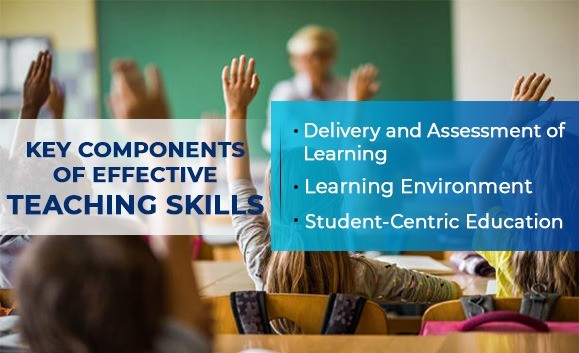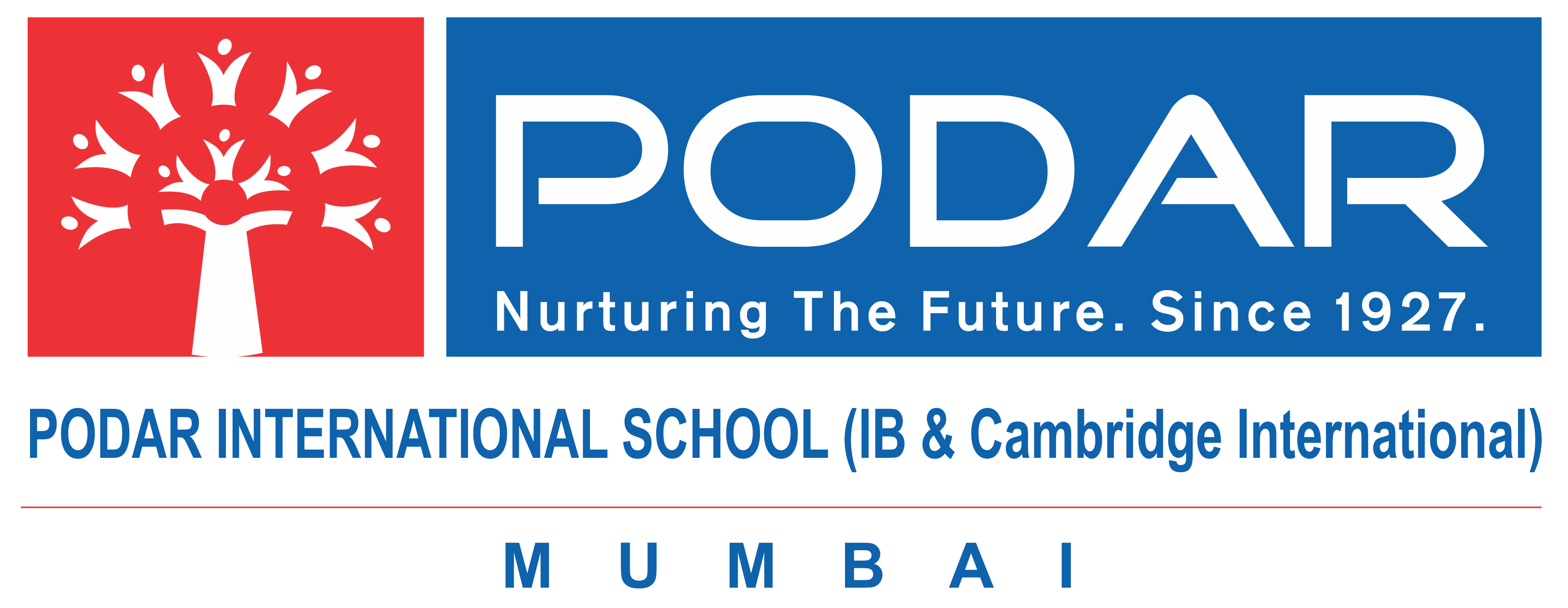Overview
 The ISO 9001:2015 Quality Management System (QMS) is the world’s most popular quality
management system standard, with over one million certified organisations in 180 countries
worldwide. ISO 9001 (QMS) standard was developed to provide organisations with an
efficient tool for quality management, regardless of type, size, industry or location. ISO 9001
provides a quality management framework that organizations can use to ensure that the
quality of their management system is consistent and sustainable.
The ISO 9001:2015 Quality Management System (QMS) is the world’s most popular quality
management system standard, with over one million certified organisations in 180 countries
worldwide. ISO 9001 (QMS) standard was developed to provide organisations with an
efficient tool for quality management, regardless of type, size, industry or location. ISO 9001
provides a quality management framework that organizations can use to ensure that the
quality of their management system is consistent and sustainable.
Through its emphasis on process approach and risk-based thinking, the ISO 9001
certification facilitates a flexible and user-friendly QMS which also validates that the
certified organization has taken due care to maintain high standards. An effective
implementation of this standard reduces the chance of product faults/ failures, recalls or
service shortcomings and ensures that your customers can buy them with confidence.
Outcome and Benefits:
ISO 9001 QMS certification demonstrates your organisation’s ability to consistently meet and exceed customer expectations. Many enterprise buyers and retailers require their suppliers to be ISO 9001 certified in order to minimise their risk of purchasing a poor quality product or service. A business that achieves ISO 9001 certification can attain significant improvements in organisational efficiency by minimising waste and errors and increasing productivity. An accredited QMS certification from COAE confirms that your organization
 Will continually improve, streamline operations and reduce costs
Will continually improve, streamline operations and reduce costs.png) Has the potential to satisfy more customers
Has the potential to satisfy more customers.png) Is resilient and can build a sustainable business
Is resilient and can build a sustainable business.png) Has ensured strong corporate governance
Has ensured strong corporate governance
Stakeholders/Beneficiaries
ISO 9001 Principles
-
Customer focus- Focus on your customers and their needs

-
Engagement of people- Getting your team involved in ensuring an effective management system

-
Leadership- Develop a strong management team

-
Process approach- Create a process culture where everyone contributes

-
Improvement- Continual improvement is essential to the ISO 9001 quality management system and should be your organization's core objective

-
Evidence-based decisions making- Accurate and reliable data is essential for making informed decisions

-
Relationship management- Develop mutually beneficial relationships with your suppliers, vendors and other interested parties

Requirements
 Thoughtfully align your business objectives and intent with the QMS. Determine external and internal issues, the needs and expectations of interested parties, quality management system scope and its processes
Thoughtfully align your business objectives and intent with the QMS. Determine external and internal issues, the needs and expectations of interested parties, quality management system scope and its processes.png) Leadership responsibilities- Top management must demonstrate leadership and commitment, establish and communicate a quality policy, and ensure responsibilities and authorities are assigned, communicated and understood
Leadership responsibilities- Top management must demonstrate leadership and commitment, establish and communicate a quality policy, and ensure responsibilities and authorities are assigned, communicated and understood.png) Planning - Organizational Quality Management System planning to address organizational risks, opportunities, changes and quality objectives
Planning - Organizational Quality Management System planning to address organizational risks, opportunities, changes and quality objectives.png) Support – Providing resources, ensuring employees are competent and aware, and include documented information to support the quality management system
Support – Providing resources, ensuring employees are competent and aware, and include documented information to support the quality management system.png) Operation - Plan and control processes needed to meet the requirements for products and services (design and development, external providers, production and service provision, release of products and services, nonconforming outputs)
Operation - Plan and control processes needed to meet the requirements for products and services (design and development, external providers, production and service provision, release of products and services, nonconforming outputs).png) Performance Evaluation - ISO 9001 requires your organization's QMS to monitor, measure, analyze, and evaluate your quality management system
Performance Evaluation - ISO 9001 requires your organization's QMS to monitor, measure, analyze, and evaluate your quality management system.png) Improvement - Select opportunities for improvement, take action against nonconformities, implement corrective actions as necessary, and continually improve your quality management system
Improvement - Select opportunities for improvement, take action against nonconformities, implement corrective actions as necessary, and continually improve your quality management system












